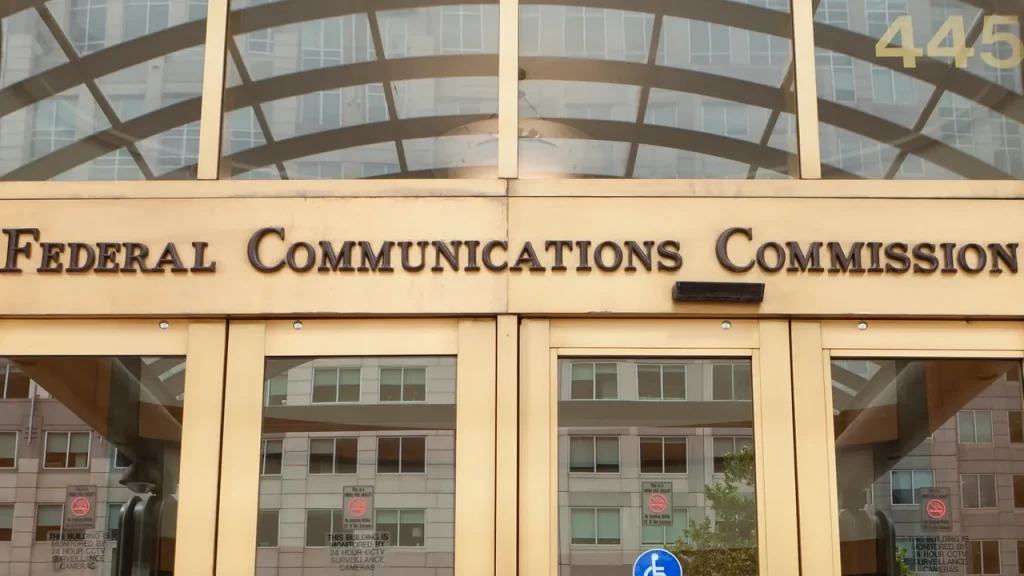- New regulations include restrictions on foreign ownership and stricter security measures for submarine cable systems.
- The rules also aim to streamline licensing processes and accelerate the development of submarine cable infrastructure.
What happened: FCC tightens submarine cable security with new rules
The FCC has adopted new rules to strengthen the security of submarine cables, which are critical for global internet infrastructure. The regulations now include a presumption of denial for licence applicants controlled by foreign adversaries. This applies particularly to companies linked to China and Russia. These entities will face limits on leasing capacity and using ‘covered’ equipment from firms on the US security blacklist.
The FCC also encourages the use of US-based cable repair and maintenance ships. The rules will also push for the use of trusted technologies in cable systems. To ease the process for cable operators, the FCC has simplified the licensing procedures, allowing quicker development and maintenance of submarine cable infrastructure.
Also Read: FCC proposes satellite spectrum rule changes
Also Read: FCC updates satellite power rules and opens 37 GHz band
Why it’s important
The new regulations respond to rising security risks. Submarine cables are increasingly vulnerable to espionage and sabotage. Reports have linked China and Russia to attempts to interfere with undersea cables, raising concerns about the integrity of global communications.
The new rules aim to protect US interests while fostering further investment in submarine cables. These cables are crucial for emerging technologies like 5G, cloud computing, and AI. Demand for new undersea cables continues to grow due to rising data traffic and the need for route diversity.
Despite the focus on US-based operators, the global market for submarine cable infrastructure remains competitive. Investment in subsea cables is expected to top $13 billion between 2025 and 2027.

